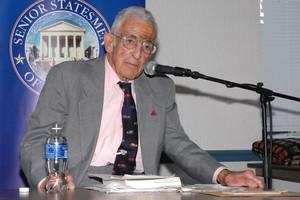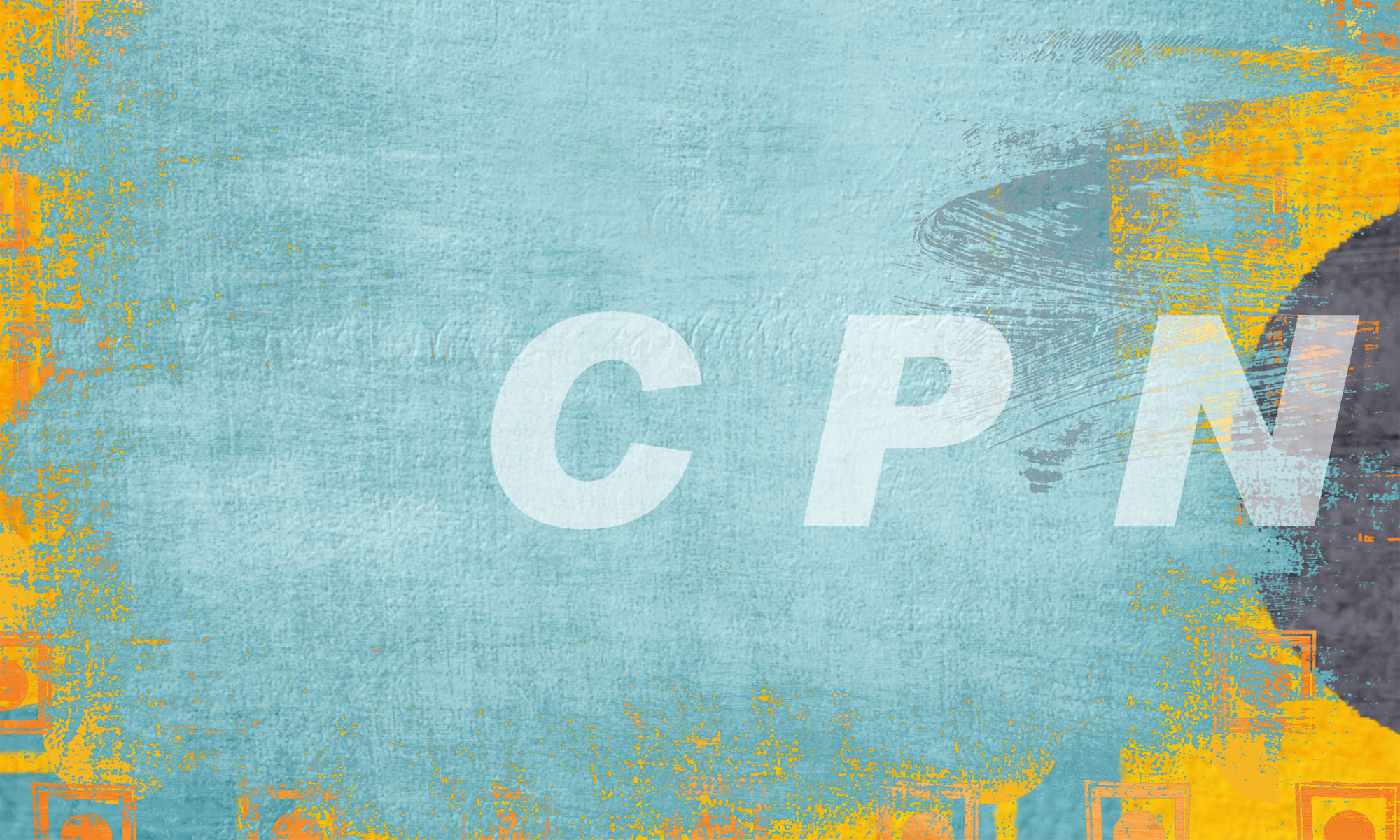
What are our most important recent decisions? How would our founding fathers view them? What happens when a new Supreme Court justice needs to be appointed? Can a non-lawyer serve on the Supreme Court?
What differences have the current justices made individually? Or from a gender standpoint, since there are now four women members for the first time in history? Does race make a difference in decisions? Should we have more members of the Supreme Court, as Roosevelt attempted?
Henry J. Abraham, James Hart Professor of Government Emeritus at the University of Virginia, graduated from Kenyon College in 1948 with a bachelor’s degree in political science, first in his class, summa cum laude and Phi Beta Kappa. He earned his M.A. in public law and government from Columbia University in 1949, and received his Ph.D. in political science from the University of Pennsylvania in 1952, where he began his teaching career. In 1972 Dr. Abraham became a chaired professor in the Department of Government and Foreign Affairs at the University of Virginia. In 1983 he was awarded the University’s most prestigious recognition, the Thomas Jefferson Award, and in 1993 he received the First Lifetime Achievement Award of the Organized Section on Law and Courts of the American Political Science Association. He retired from full-time teaching in 1997 after nearly a half-century in the classroom.
Professor Abraham is a leading authority on constitutional law, civil rights and liberties, and the judicial process. A pioneer in comparative judicial studies, he has served as a Fulbright Scholar in Denmark and has lectured throughout the world. The author of 13 books in 48 editions including The Judicial Process: An Introductory Analysis of the Courts of the United States, England and France, 7th ed., and Freedom and the Court: Civil Rights and Liberties in the United States, 8th ed., he continues to research, publish and lecture. His most recent book is Justices, Presidents and Senators: A History of Supreme Court Appointments from Washington to Bush II. In addition, he has published more than one hundred articles, book chapters, essays and monographs. His record of civic and university service is as long as it is distinguished.
Henry and his wife Mildred, a rare books collector and bibliographer, live in Charlottesville. They have two sons and four grandchildren.
Mr. Abraham spoke at the Wednesday, November 13, 2013 meeting of the Senior Statesmen of Virginia. The meeting was held at the Senior Center in Charlottesville. Following the presentation, questions were taken from the audience. The program was moderated by SSV board member Charles Smith.
